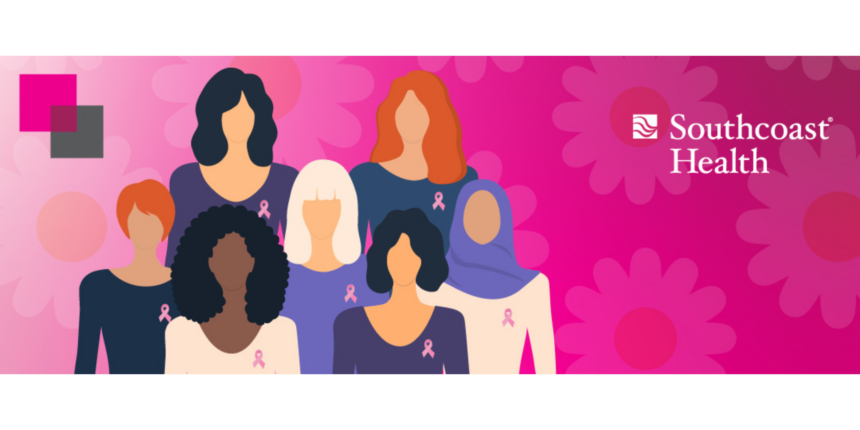Community
Southcoast Health Has Long Recommended Mammograms at Age 40

Mammograms starting at age 40 are a routine part of breast care at Southcoast Health.
This annual screening helps to detect breast cancer at its earliest, most treatable stage.
In May of this year, the U.S. Preventive Task Force (USPTF) added its voice to the majority of national medical associations when it issued draft guidelines dropping the recommended age to start mammograms from 50 to 40. It joined the American Cancer Society, American Society of Breast Surgeons, American College of Obstetricians and Gynecologists, American College of Radiology, and Society of Breast Imaging, which all hold similar guidelines.
Dr. Maureen Chung, breast surgeon and Medical Director of Southcoast Health Breast Care Center Program led Southcoast Health to adopt these guidelines in 2019, well before this year’s USPTF recommendation.
“If you look at the data regarding age of diagnosis, it doesn’t suddenly jump at the age of 50,” Dr. Chung said. “It rises between the ages of 40 and 75.”
Women 40 to 49 years old account for one of every six breast cancer diagnoses nationwide, she explained, a figure that has been rising. Breast cancer is the second most common cause of cancer death for women, following lung cancer, the American Cancer Society reports. Starting mammogram screening at age 40 saves an additional 6,500 lives nationwide every year, Dr. Chung said, and 70 percent of women who die of cancer are not in a regular screening program.
“Putting all things together, it’s important to start mammogram screening at age 40,” she said.
Southcoast recommends annual mammograms to prevent cancer from growing undetected until it is harder to treat effectively. That also is consistent with most medical association guidelines.
The Southcoast Health Breast Center is equipped with digital breast Tomosynthesis, the latest in imaging technology that produces detailed, three-dimensional mammograms. The images enable radiologists to better identify problems hiding in dense breast tissue, while differentiating normal, overlapping tissue. That limits the number of unnecessary biopsies that are performed, Dr. Chung said.
“Mammograms don’t prevent cancer, but they find it sooner,” she said. “That translates into saving lives.”
For more information on mammogram screenings and breast health, visit Breast Care Center| Southcoast Health.
